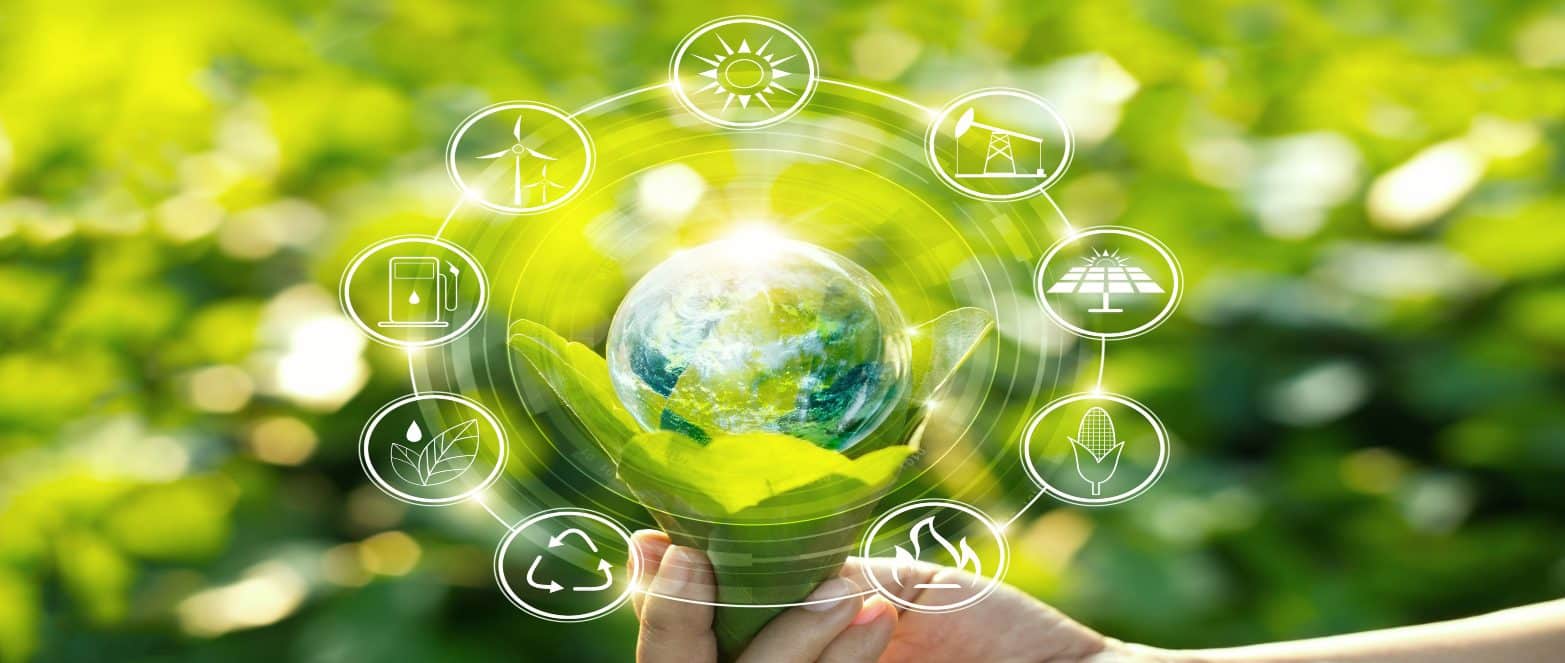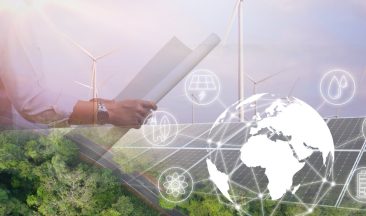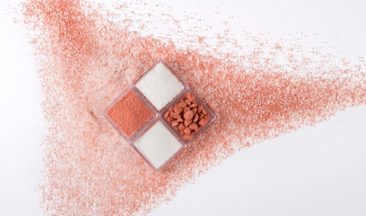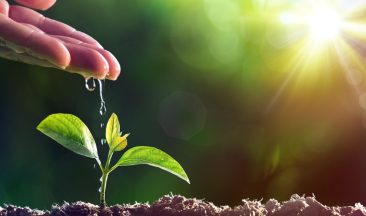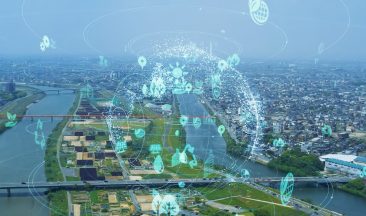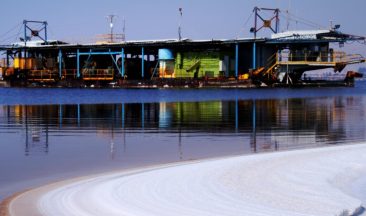That’s how you play an active role in the global efforts towards a circular economy, by piloting products and methods in your own facilities – and turn an environmental challenge into a growth lever.
Would you prefer the good news or the bad news first? Let’s start with the bad… The bad news is that the traditional global economy, which favors a linear production and consumption model based on “take, make, and dispose” processes, has led our planet to an unsustainable situation. The good news is that slowly but surely, cracks are appearing in this model as a result of disruptive economic, technological, and social trends around the world.
One of these trends is the concept of a circular economy. This is an economic system that looks beyond the current linear model to promote the continual use of resources and eliminates waste where possible. A transition to a circular economy can lead to long-term economic and social resilience, new business and economic opportunities, and major environmental benefits.
ICL is playing an active role in promoting a circular economy approach, contributing to a lower carbon footprint and a more resource-efficient and competitive economy by maintaining the value of products, materials, and resources; reducing waste generation; saving energy; and reducing the rate of raw material usage.
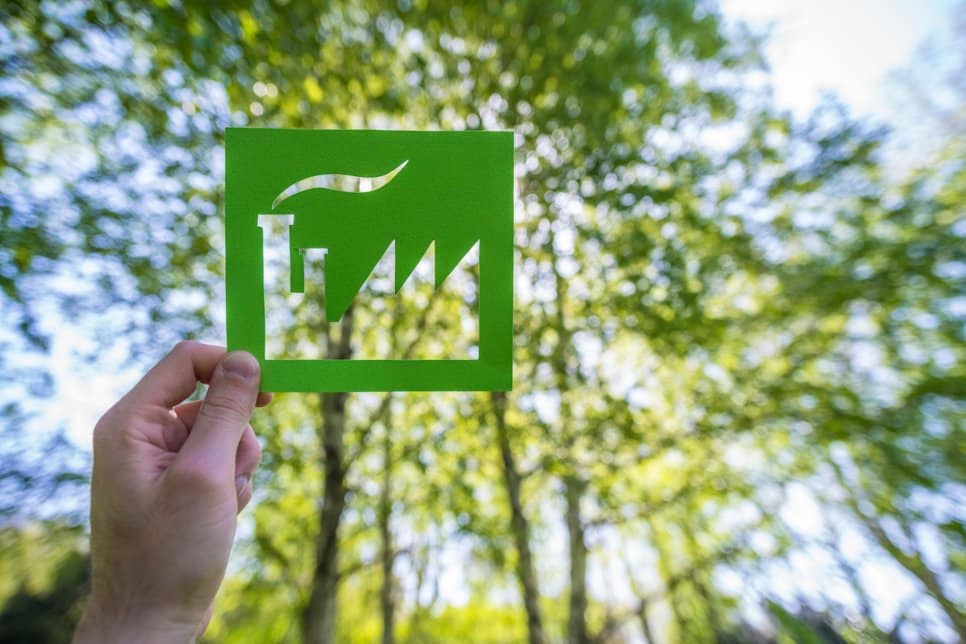
One man’s trash is another man’s treasure
As part of the contribution towards a more circular economy, ICL has embraced the “Integrated Industry” approach. According to this approach, instead of resources and capital passing through the production process to eventually become waste, the waste can be used as input for other production processes.
At ICL, there are significant local and regional efforts, utilizing new innovative ideas, to develop sustainable products from waste streams, and to integrate various ICL products and byproducts into circular processes. For example, ICL production sites that are in close geographical proximity collaborate to optimize the reuse of each other’s waste streams. This creates a more viable economic model and reduces both the amount of waste and the amount of raw materials that need to be extracted and used.
On a regional level, ICL has joined the Center for Resource Recovery and Recycling (CR3), which is a cooperative research center focused on helping industries to create a sustainable future. ICL also participates in other regional initiatives whereby companies in the same geographical region form a collective to optimize their resource utilization and use components from the waste stream produced by other factories.
You may be interested in:
Contributing to the Sustainable Future of Mankind
From Waste to Product – a Vision that Captivated the Dutch Government
The PolyStyrene Loop (PSL) Recycling Project
ICL is one of the initiators of the PolyStyrene Loop (PSL) recycling project, which is a recycling scheme for Polystyrene (PS) foams containing the flame retardant HBCD (hexabromocyclododecane). This recycling process removes the flame retardant HBCD from the PS foam so that it can be safely reused as a raw material for new foams. In addition, the bromine component is also safely removed from the HBCD for reusage.
Producing fertilizers with recycled phosphate
In 2019, ICL Netherlands (Amfert of the Phosphate Specialty BU) opened its first innovative Phosphate recycling project unit. Phosphate is an essential nutrient for plant growth. For this reason, this new recycling unit is focusing on using secondary phosphates from waste streams as a raw material. The current goal of the project is to substitute up to 25% of phosphate rock used as raw material, with phosphate from recycled sources.
Promoting circular economy at ICL Rotem
As part of ICL’s commitment to transitioning into a circular economy, ICL Rotem has created a business unit dedicated to taking recycling one step further. This unit proactively sources buyers for its byproducts and waste streams, which contain valuable minerals used in industries worldwide such as fluorine, silica, sulfur, calcium carbonate, and calcium sulfate.
“At ICL”, says Roy Weidberg, Global Sustainability Manager at ICL Group, “we believe that these are the first steps in the right direction toward a healthier circular economy. We are continuing this important work and believe that if we slowly take advantage of newly aligned economic, technological, and social factors worldwide, we can contribute to the mainstreaming of circular economic processes”.
